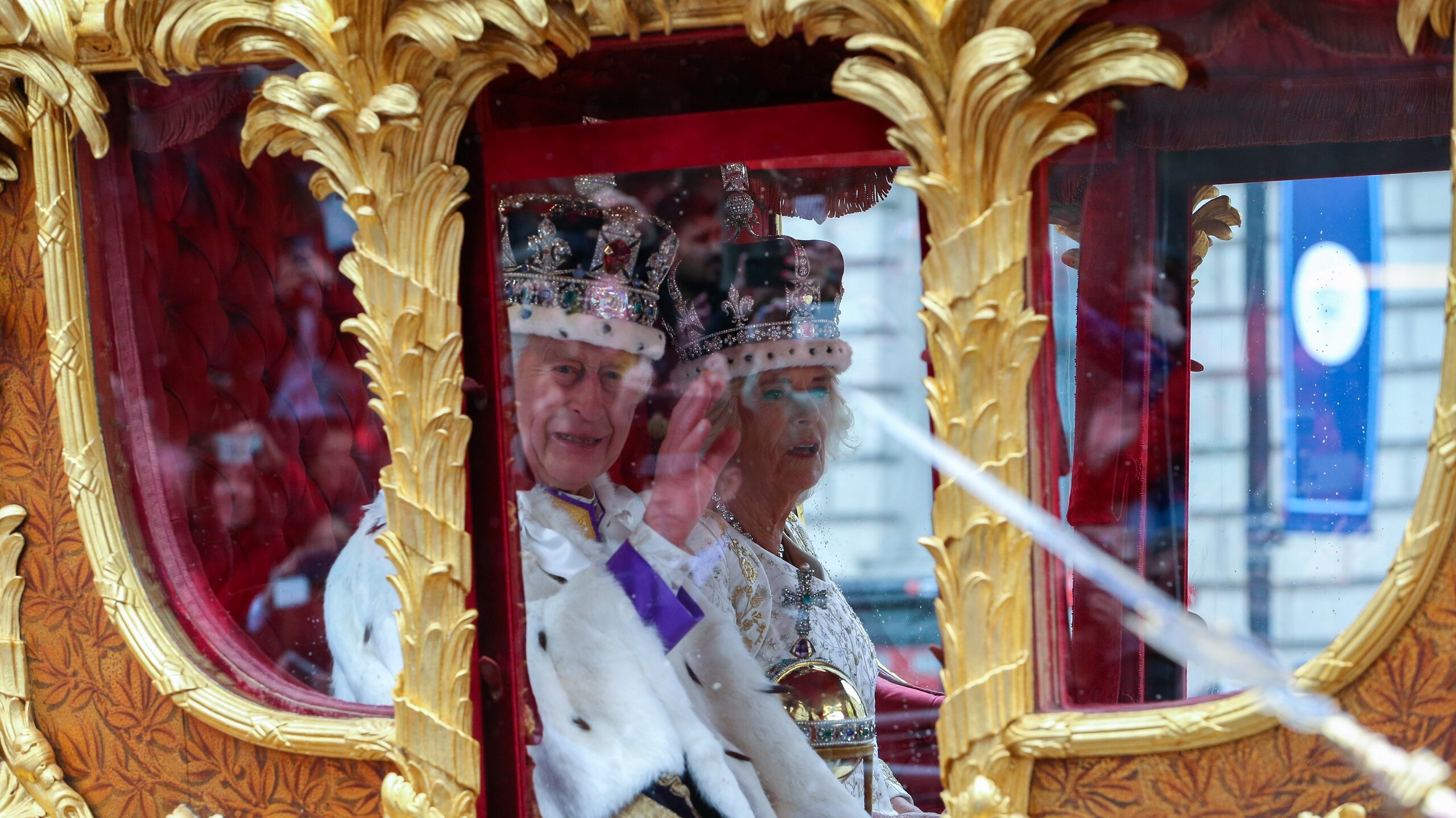From Elizabeth II to Charles III
Al-Ittihad, UAE, May 10
On June 2, 1953, crowds gathered in the streets of London to witness the coronation of Queen Elizabeth II. Thanks to the foresight of her husband, Prince Philip, the ceremony was televised around the world, with thousands of people buying small black-and-white TVs in the weeks leading up to the event. In addition, more dramatic color film tapes were prepared for later screenings in cinemas, with some even flown to the US for Americans to watch. The ceremony and parade of dignitaries and members of the British and Commonwealth forces was a lengthy affair, one that is still remembered to this day. Seventy years after the coronation of his mother, King Charles III was crowned in Westminster Abbey last week. Despite the rain, the ceremony was much different from the one that preceded it. Street parades were shorter, but the presence of more than 7,000 security forces gave the spectacle an impressive appearance. The coronation had a more inclusive tone, as representatives of various religious denominations, including Muslims, Jews, Sikhs, and Buddhists, as well as women bishops and citizens of all faiths, were welcomed. Hymns and prayers were sung and read in Welsh, Gaelic, and English, emphasizing the theme of the coronation, “Called To Serve.” The coronation had the personal approval and welcome of the king, who had four years to contemplate the day. The festivities continued over the weekend, ending with a successful party at Windsor Castle. Inevitably, this ritual has generated much curiosity: can King Charles maintain the high public approval ratings for the monarchy that his mother earned, given her popularity and respect? Will he be able to advocate his strong stance on climate change, agriculture, engineering, and other topics close to his heart now that he is king? Can he reduce the size and expenses of the royal family during this period of austerity? What measures can he take to address the family crises involving his son Harry and his brother Andrew? So far, King Charles III’s record has been promising. Despite initial misgivings over his wife, Queen Camilla, the public has gradually and cautiously come to accept the royal couple’s happiness as being in the best interest of the country. Charles may soon have to confront difficult issues, however, such as former colonies wishing to end the tradition of considering him their head of state, as well as demands for apologies and reparations from some countries for the wrongs of the pre-colonial period, such as slavery. The potential of Scotland’s secession from the United Kingdom if the SNP can regain its popularity and win a vote of secession is another looming challenge. For the moment, though, Charles appears to be off to a good start. —Geoffrey Kemp (translated by Asaf Zilberfarb)


